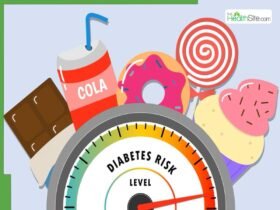Why is it essential to reduce stigma around substance use disorders (SUDs), and how can we do that?
“We need to dispel the myths that SUDs are due to poor moral character, and that sheer willpower is all that is needed to change behavior,” says Aimee Peters of Ria Health. “These are brain health diseases that are not so different from any other disease, and there are effective treatments.” Those outdated ideas that SUDs are an individual failing or a sign of weakness lead to shame and suffering, preventing people from seeking needed treatments.
“It’s a challenge to acknowledge and accept treatment for any chronic illness, whether we’re talking about diabetes, depression, hypertension, or obesity,” adds Dr. Clear of Bicycle Health. “Now imagine how much more challenging that becomes when the illness you’re facing is associated in popular culture with being immoral, even criminal. It’s normal to resist that stigmatized label, and that’s one reason people struggling with addiction are reluctant to raise their hand and say, ‘I have a problem, please help,’ before it’s progressed to extremes.”
To reduce stigma and encourage people to seek help, the experts say we must educate society as a whole that SUDs are a disease with evidence-based treatments including medication and therapy. “We need to discard the false depiction of the “junkie,” or “addict,” and break down that stigma through understanding that members of our communities, our workplaces, our families, are often affected by substance use disorders but not defined by them,” says Dr. Clear. “They’re people, and they’re struggling with a problem that tends to be highly treatable especially if it’s identified and addressed before it escalates.”
We also must stop waiting for individuals to ask for help. “Proactive screening by healthcare providers is essential,” says Erica Patton Simpson, LCSW, Head of Clinical Operations of Talkspace. “Rather than waiting for individuals to come forward, we should implement routine checks for substance use disorders. By framing SUDs as chronic health conditions—similar to diabetes or hypertension—we can foster a more compassionate understanding. This shift in perspective is crucial for encouraging those in need to receive treatment.”
Ultimately, creating an environment where seeking help is viewed as a strength, rather than a weakness, is key to reducing stigma and improving outcomes for those affected by substance use disorders.













Leave a Reply